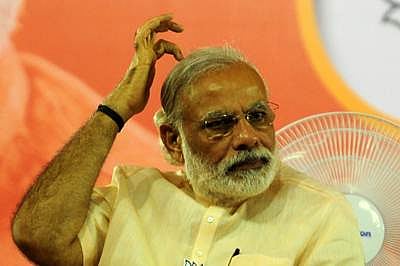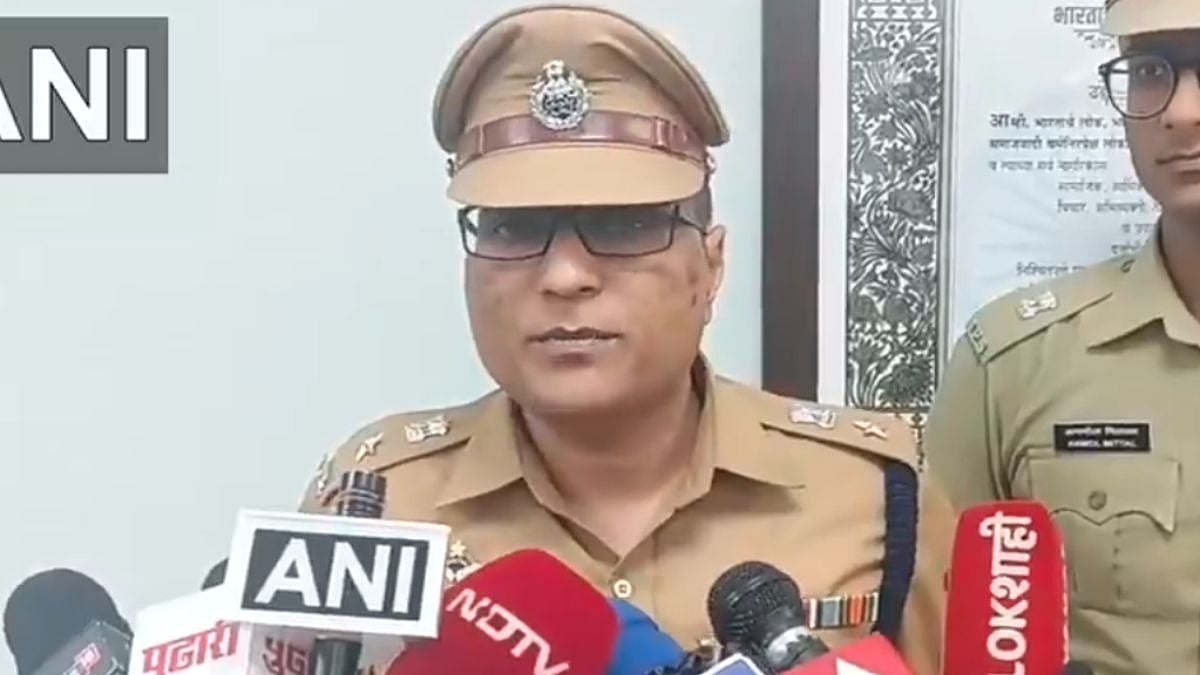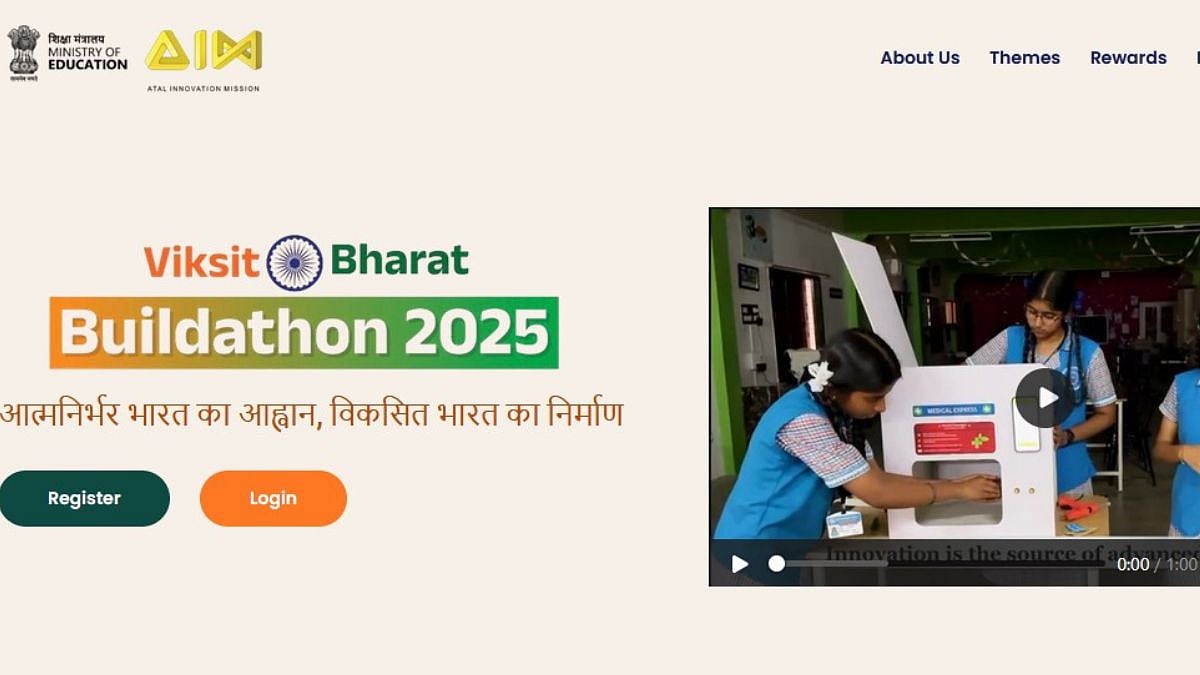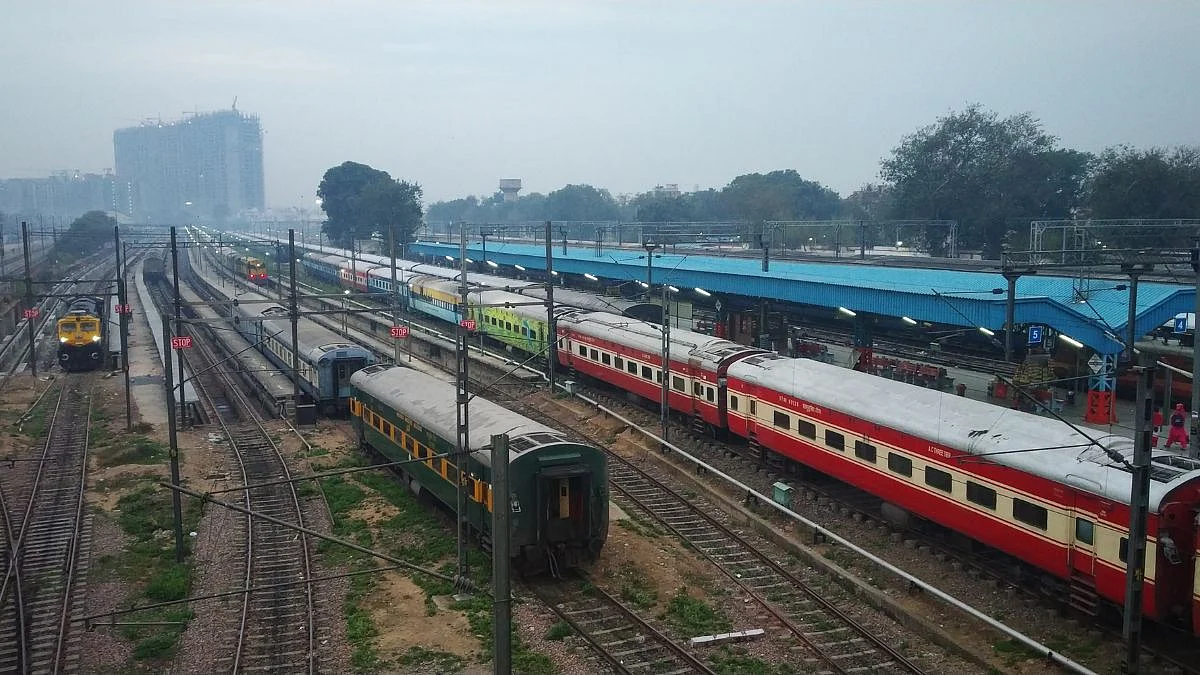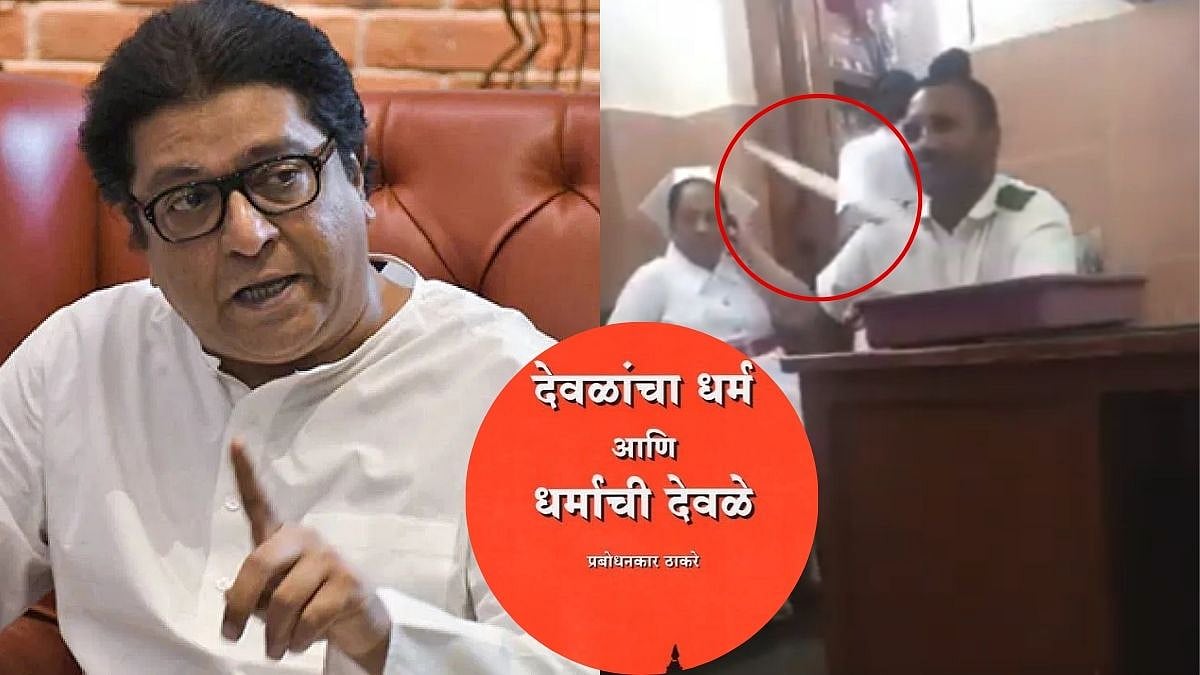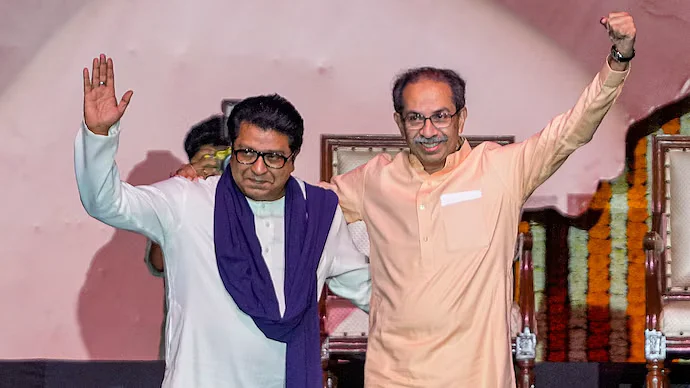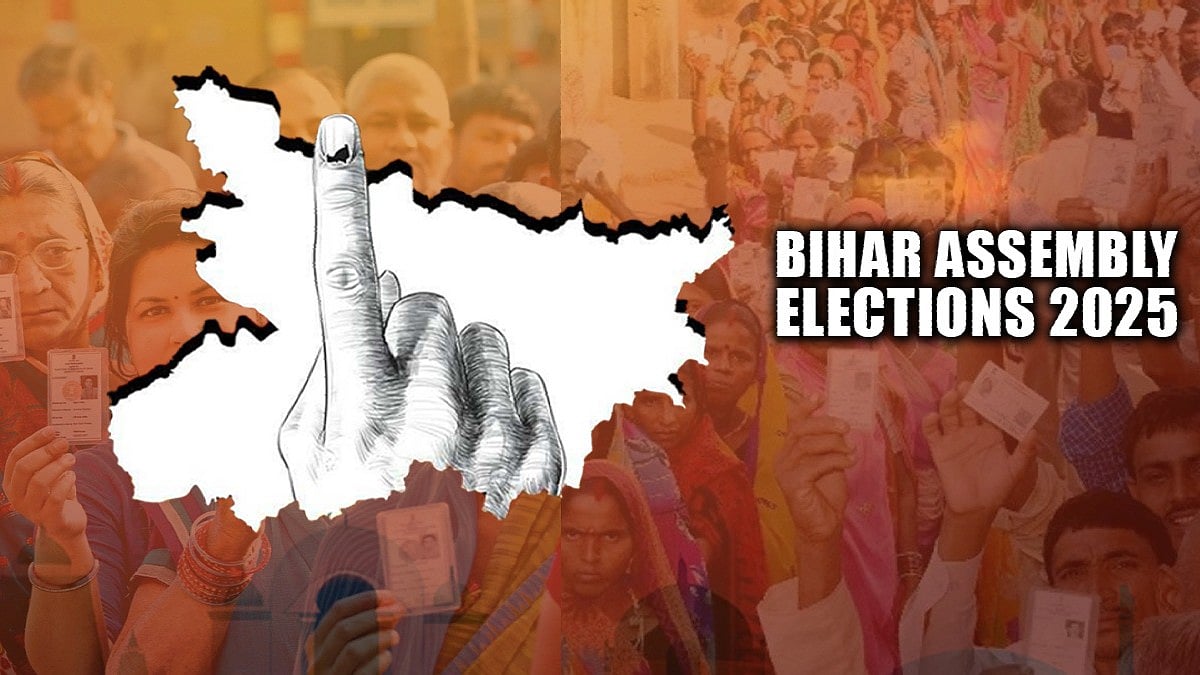All parties and combinations have their own strengths and weaknesses, their own voter bases and also large numbers who will vote strategically against them. All kinds of methods will be used to win over support. In the 2014 elections it was a combination of the Modi effect and religious polarisation that did the trick for the BJP. This time round the latter will not work and the Modi effect has somewhat worn off. It still remains to be seen if the voters see demonetisation as a big blow to their daily lives or a well deserved onslaught against the rich and black money holders.
The proposed tie up between the Akhilesh Yadav led Samajwadi Party and the Congress for the UP elections should not really come as a surprise to anyone who has been following the state for a while. Several times last year Yadav had praised Rahul Gandhi and in the state’s Congress circles, there was expectation that the two parties could join hands.
While the Samajwadi Party was in the hands of Mulayam Singh Yadav and his relatives, such an arrangement was never going to work; Yadav did not want any truck with the Congress and he had abruptly pulled himself out of the Mahagathbandhan in Bihar last year. All kinds of rumours were floated about his unwillingness to be with the Congress, the main one among them being that the BJP had promised to make him the President of India. Politics in India is nothing without its conspiracy theories.
The Mahagathbandhan went on to win anyway and now, a similar partnership, between SP, the Congress and Ajit Singh’s RLD is in the offing. It will be a formidable coalition, but first they have to work out seat sharing which is never an easy thing to do.
In all this, young Akhilesh comes out a winner. A few months ago, during a visit to UP, this writer met several locals who were all praise for the young leader, mainly because he had fashioned an image of not being just a sectarian leader and was seen as running a largely non-corrupt government, at least at the top. Ministers who were involved in scandals were abruptly dropped and Mulayam Singh did not do himself when he insisted that they be reinstated. The old SP had in its fold some really unsavoury elements and the father was seen to be tolerant towards them. Matters came to a head when Amar Singh, who had been removed from the SP, came back into the fold.
The moot point was that Akhilesh, with his fresh look and fresh ideas, represented the future while his father looked out of date. The youth could not relate to him. Akhilesh spoke of technology and issues that the young could connect with. And now that he has got control of the ‘cycle’ symbol, his position is even more strengthened.
But, despite all his appeal, Akhilesh was in no position to win on his own steam. Large sections of the populace were not with the SP, for whatever reason. The BJP had its own following, as did Mayawati and her BSP. Caste configurations and loyalties are a reality in Indian politics and nowhere more so than in UP. He could only do so much.
The Congress, though now a weak entity in the state, still has its pockets of support and Ajit Singh’s RLD still holds sway over Jats in some parts of the state. For some time there were rumours that the Congress would join up with BSP, but from the Congress’ point of view, that makes little sense. Despite a bitter past between each other, both the Congress and the SP understand that they have much complementarity. They could, theoretically, pull in the Muslim vote as well as get Yadav and OBC support that could collectively add up to a winning margin.
But both will have to contend with the BJP. The BJP’s spectacular performance in the 2014 elections showed that it had the ability and the power to sweep aside all competition. If that performance is taken as a benchmark, the BJP will have to win 300 plus seats, which is looking almost impossible. But in a house of 404 seats, even 200 should be adequate and even if the BJP falls slightly short, there will be enough people to join it.
All of which makes the UP elections a totally unpredictable affair. All parties and combinations have their own strengths and weaknesses, their own voter bases and also large numbers who will vote strategically against them. All kinds of methods will be used to win over support. In the 2014 elections it was a combination of the Modi effect and religious polarisation that did the trick for the BJP. This time round the latter will not work and the Modi effect has somewhat worn off. It still remains to be seen if the voters see demonetisation as a big blow to their daily lives or a well deserved onslaught against the rich and black money holders. Many ground reports, not just from UP, say that there is support for the demonetisation move despite all the hardships people have suffered.
The results of the UP elections will have ramifications much beyond the state. The elections could be seen as a referendum on the central government, half way through its term. A win will naturally bolster the BJP, but a loss may make it more cautious in terms of taking any more policy initiatives. Two more elections – in Punjab and Gujarat – are to follow. The year promises to be a crucial one for Indian politics.
The author is a Founding Editor of The Wire.
He is a journalist and writer based in Mumbai
